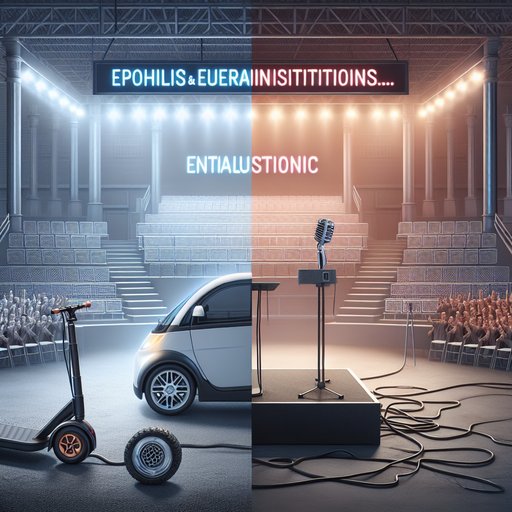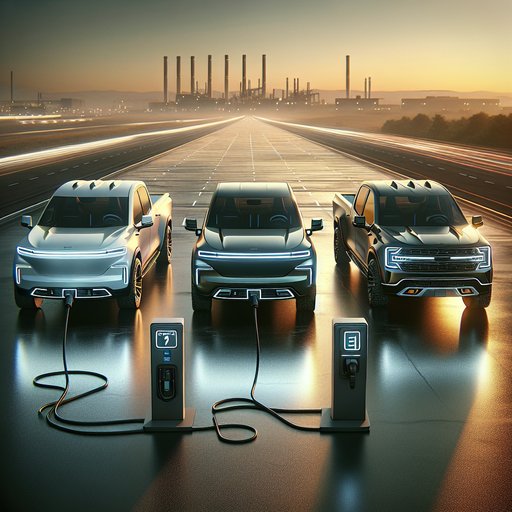
Major automotive manufacturers are making strategic moves to reshape their production capabilities, with significant developments in both North America and Asia. These changes reflect the industry's continued pivot toward electric vehicles and smart manufacturing technologies, marking important shifts in how and where vehicles and components will be produced.
Toyota is making a significant transformation at its Kentucky manufacturing facility, planning to produce two new three-row electric SUV models. This development comes at the cost of ending U.S. production of the Lexus ES sedan, with the plant being retooled to potentially accommodate an electric Land Cruiser and another large SUV model [1].
The Kentucky plant's transformation represents Toyota's largest manufacturing facility in the world, highlighting the company's commitment to electric vehicle production in North America. This strategic shift aligns with Toyota's broader electrification goals and demonstrates the company's responsiveness to changing market demands [1].
In a parallel development, Nexteer Automotive is expanding its global manufacturing footprint with plans for a new smart factory in Suzhou, China. The company has signed a memorandum of understanding to establish this facility, which will focus on motion control technologies [2].
The Suzhou smart factory represents Nexteer's commitment to advanced manufacturing technologies and its strategic expansion in the Asian market. This development signals the industry's broader trend toward implementing smart manufacturing solutions and expanding production capabilities in key global markets [2].
















